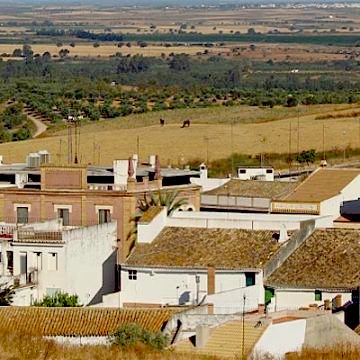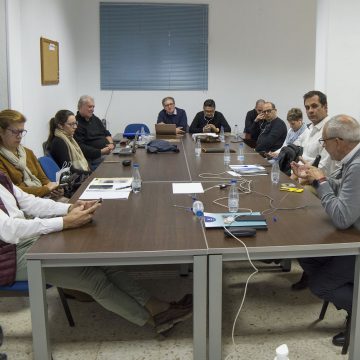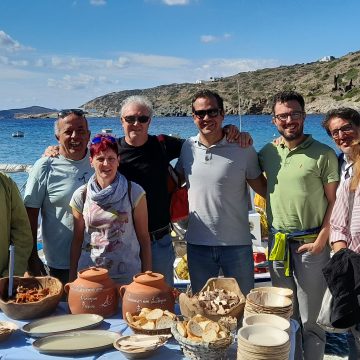GRAPE
Local Social Green Resilience Action Plans for small and peripheral territories
“GRAPE – Local Social Green Resilience Action Plans for small and peripheral territories” is a european project co-financed by the EU Commission under the SMP-COSME-2021-RESILIENCE-SEM Call (Grant Agreement n. 101074093).
-
OBJECTIVE
The project aims at experimenting the co-construction of local plans for the green, social and digital transitions in four small and marginalised territories engaging social economy actors. Thanks to the lessons learnt, a tool will be designed, that could then be used also by other municipalities willing to follow the same path.
-
CONTEXT
Effective resilience to climate change, pandemic, economic and social crisis is inherently local.
In the EU there are some 121 000 small municipalities (EUROSTAT, LAU2) often located in deprived area, with low budget capacities and far away from mainstream public development policies.
Here, often Social and Solidarity-based economy (SSE) actors and local community initiatives have a primary role in creating and managing economic and social activities and services, as the for-profit economy has left these areas to localise in more profitable ones or abroad.
Social and Solidarity-based Economy and local communities may therefore contribute to the territorial resilience through the experimentation of innovative solidarity-based solutions encouraging local stakeholders to cooperate and use their resources to tackle local challenges. Local resilience and local stakeholders’ participation are the key concepts of this project, willing to drive and boost environmental, energy, digital, social, and economic transitions of local communities in an ambitious, systemic and solidarity-based way, developing local solutions to local needs.
-
PARTNERSHIP
Smaller territories are a perfect laboratory to showcase in a reasonable time frame the impacts of such experimentation, at the same time contamination of good practices is easier at such a scale. Consequently, the project consortium is composed of 4 small complementary territories in 3 countries: Mirabella Imbaccari (IT), Malegno (Fb, Ig) (IT), Bonares (ES), Sifnos (GR), together with an experienced European public authorities’ and SSE actors’ network (REVES – Fb, Tw) and a regional cooperative network (FAECTA).
For each territory, in addition to the respective municipalities, an SSE organisation has been involved: Fondazione di Comunità di Messina (Fb) (leader partner) in Mirabella Imbaccari, Sol.Co. Camunia (Fb) in Malegno, COOPINTE (Fb, Ig, Tw) in Bonares and Wind Of Renewal (Fb, Tw) in Sifnos.
-
ACTIVITIES
The project will organise exchange missions and prepare 4 local action plans for a social green and digital transition.
The project is structured in three different phases: in the first phase, 3 Social Economy missions (SEM) will be organised in Mirabella Imbaccari, Sifnos and Bonares, hosting each time the representatives of all partners. The consortium will use peer learning methodology and case study methodology to lay the foundations for the cooperation between partners and territories.
The second phase, then, will involve all partners to build local social green resilience action plan in the 4 target territories, taking advantage of the inputs developed during the SEMs.
The third phase of the project is the co-construction of a European digital toolkit for small municipalities interested in the cooperation with social economy actors to develop together participatory local action plans for social, green and digital transition to boost territorial resilience.
Finally, a policy paper with recommendation will be issued to support small territories in drafting local resilience plans, learning from the experience of the GRAPE project.
-
DELIVERABLES
In this section you can find the various deliverables of the action of GRAPE project.
Find out more about Deliverables-
CONTACTS
For any additional information please contact Mr. Giacomo Pinaffo, project manager.
This document reflects the views only of the Author and the GRAPE Consortium. The Commission cannot be held responsible for any use wich may be made of the information contained therein.








